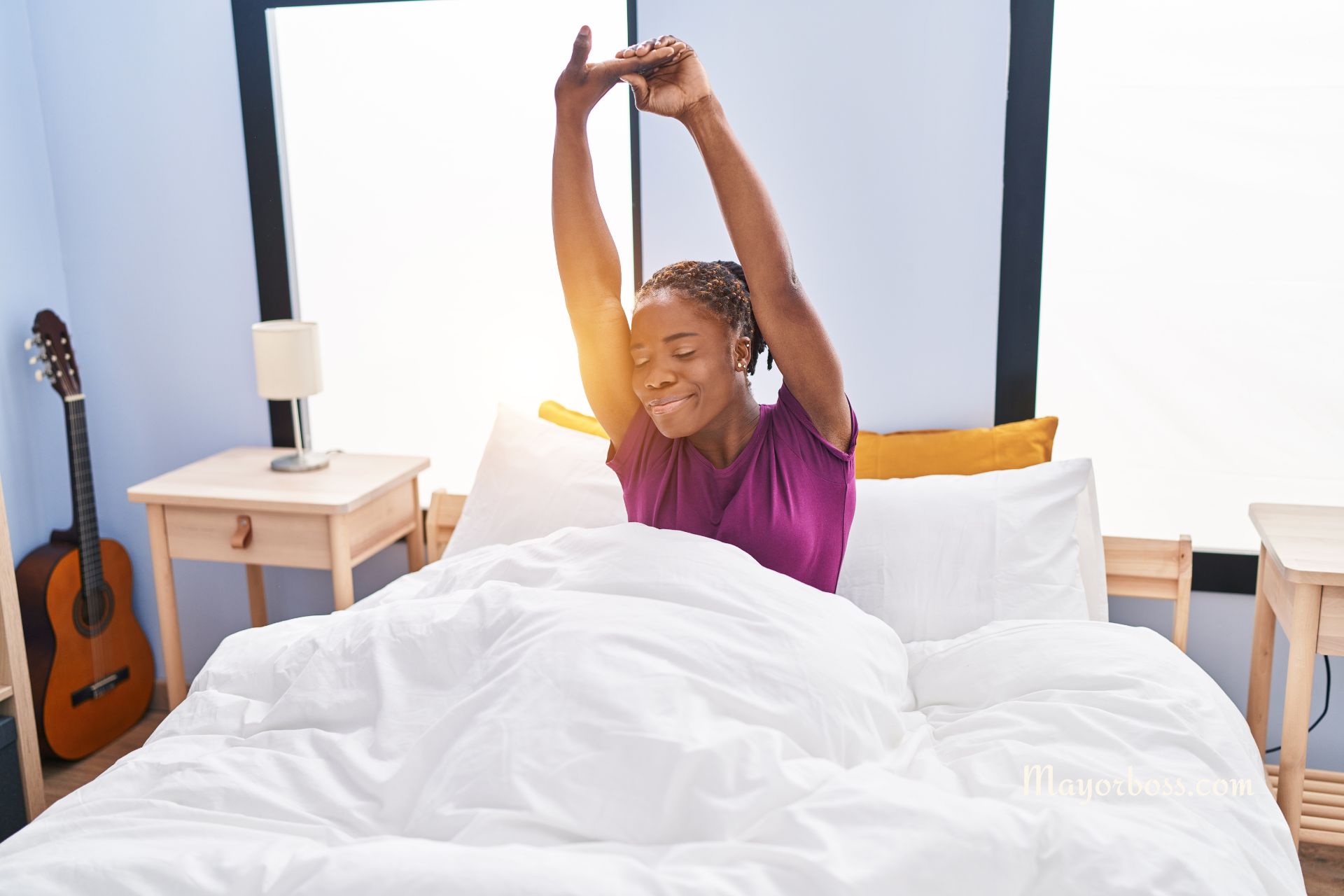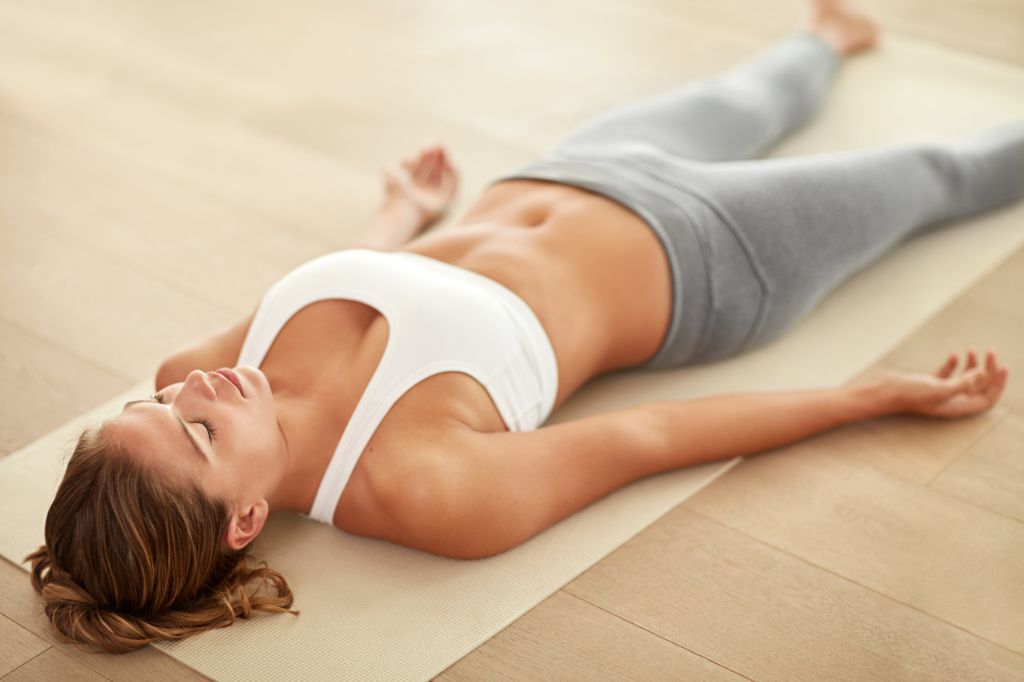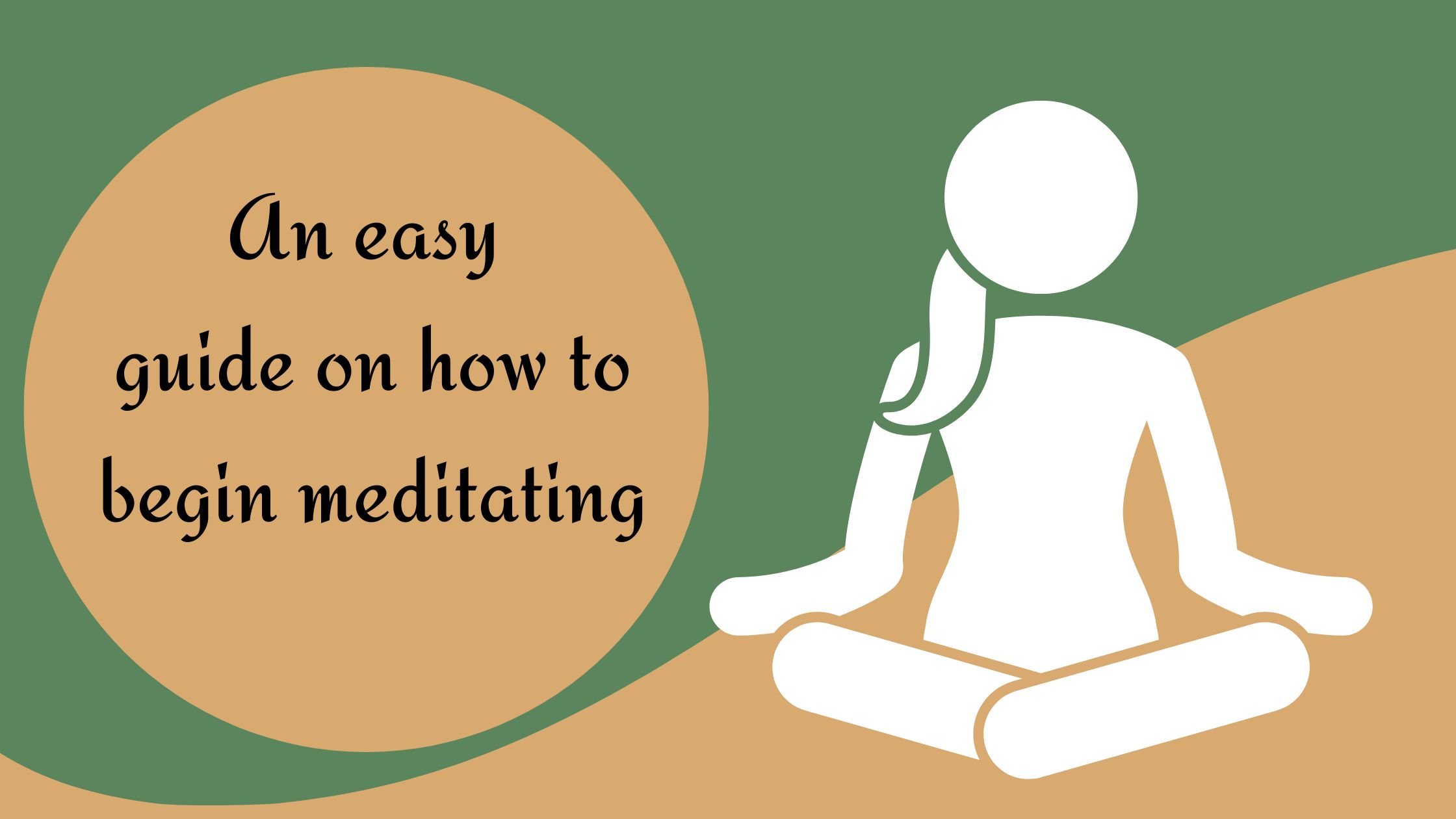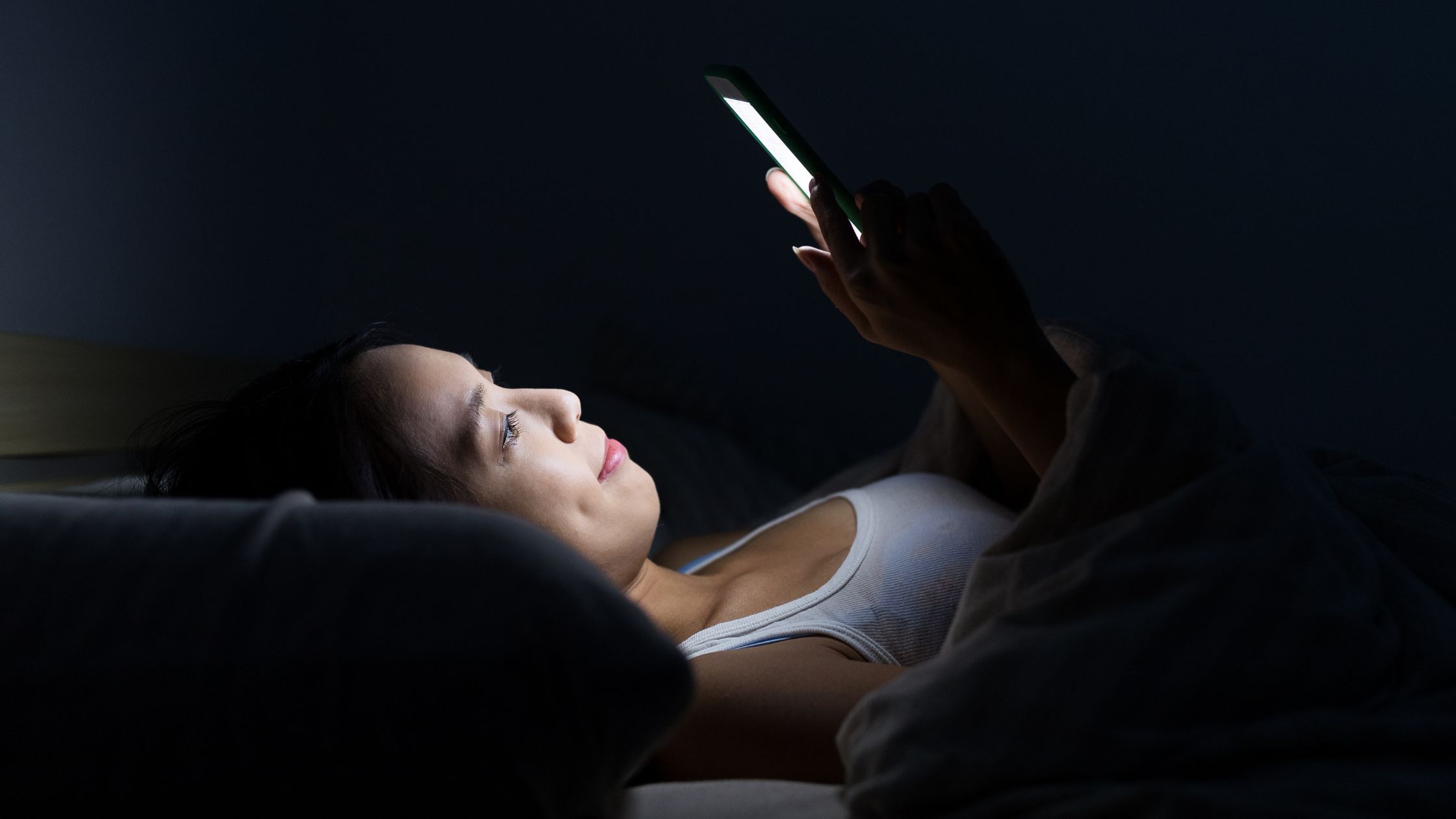How To Get Up Early Even If You’re Not A Morning Person

Have you ever felt envious of those early risers who seize the day while the sun is just peeking over the horizon? If you find the idea of waking up with the dawn somewhat daunting, you’re certainly not alone. Many of us wrestle with the snooze button and struggle to leave the comfort of our beds, especially when we’re not naturally morning people. However, transforming into an early riser is not as out of reach as it may seem. Here are ten practical tips to help you greet the morning with more ease, even if you’ve always considered yourself a night owl.
1. Gradually Adjust Your Bedtime
Start small. If you try to change your bedtime abruptly, your body clock will likely protest. Instead, ease into the change by shifting your bedtime earlier by just 15 minutes every few days. This gradual shift can help your body adjust without too much shock.
2. Create a Relaxing Bedtime Routine
Set the stage for sleep. Engage in relaxing activities an hour before bed, such as reading a print book, listening to soothing music, or practicing gentle yoga. These activities can signal to your brain that it’s time to wind down and prepare for sleep.
3. Keep Your Bedroom Conducive to Sleep
Optimize your environment. Ensure your bedroom is relaxing, has a comfortable temperature, and is quiet and dark. Investing in good quality curtains or blinds to block out light and considering white noise machines or earplugs if noise is an issue can make a significant difference.
4. Avoid Screens Before Bed
Limit blue light exposure. The blue light emitted by smartphones, tablets, TVs, and computers can interfere with your melatonin production, making it harder to fall asleep. Try to put away these devices at least an hour before bed.
5. Be Consistent with Your Wake-Up Time
Stick to a schedule. Even on weekends, try to wake up at the same time every day. This consistency reinforces your body’s sleep-wake cycle, making it easier to wake up early each day.
6. Let Natural Light In
Sunlight wakes up the brain. Open your curtains as soon as you wake up, or even better, step outside. Natural light helps regulate your body clock and can give you that energy boost to start your day.
7. Move Your Alarm Clock
Keep it out of reach. If your alarm clock is right next to your bed, it’s too easy to hit snooze. Place your alarm clock across the room. This forces you to get out of bed to turn it off, waking you up more effectively.
8. Plan a Morning Activity
Give yourself a reason. Schedule something you enjoy doing right after you wake up, like sipping a favorite coffee or walking your dog. Having something pleasant to look forward to can make waking up early something you actually enjoy.

9. Use a Sleep Tracker
Monitor your sleep patterns. Tools like sleep apps or wearable technology can help you understand your sleep patterns and optimize your sleep schedule. Knowing more about your sleep can motivate you to make beneficial changes.
10. Be Patient and Persistent
Give it time. Becoming a morning person won’t happen overnight. Be patient with yourself and persistent in your efforts. Celebrate small victories as your body adjusts to the new routine.
Frequently Asked Questions
How long does it take to adjust to a new sleep schedule?
It can take some time, usually around three to four weeks, for your body to fully adjust to a new waking time, especially if the change is significant. Patience and consistency are key.
What should I do if I don’t feel tired at my new bedtime?
If you’re not sleepy at your new bedtime, try relaxing activities that don’t involve screens, like reading or meditating. It may also help to assess your caffeine intake and avoid caffeinated beverages late in the day.
Can exercise help me wake up earlier?
Absolutely, regular physical activity can promote better sleep, especially if it’s done at the right time. Exercising too close to bedtime can be stimulating, so try to finish any vigorous activity at least three hours before you plan to sleep.






